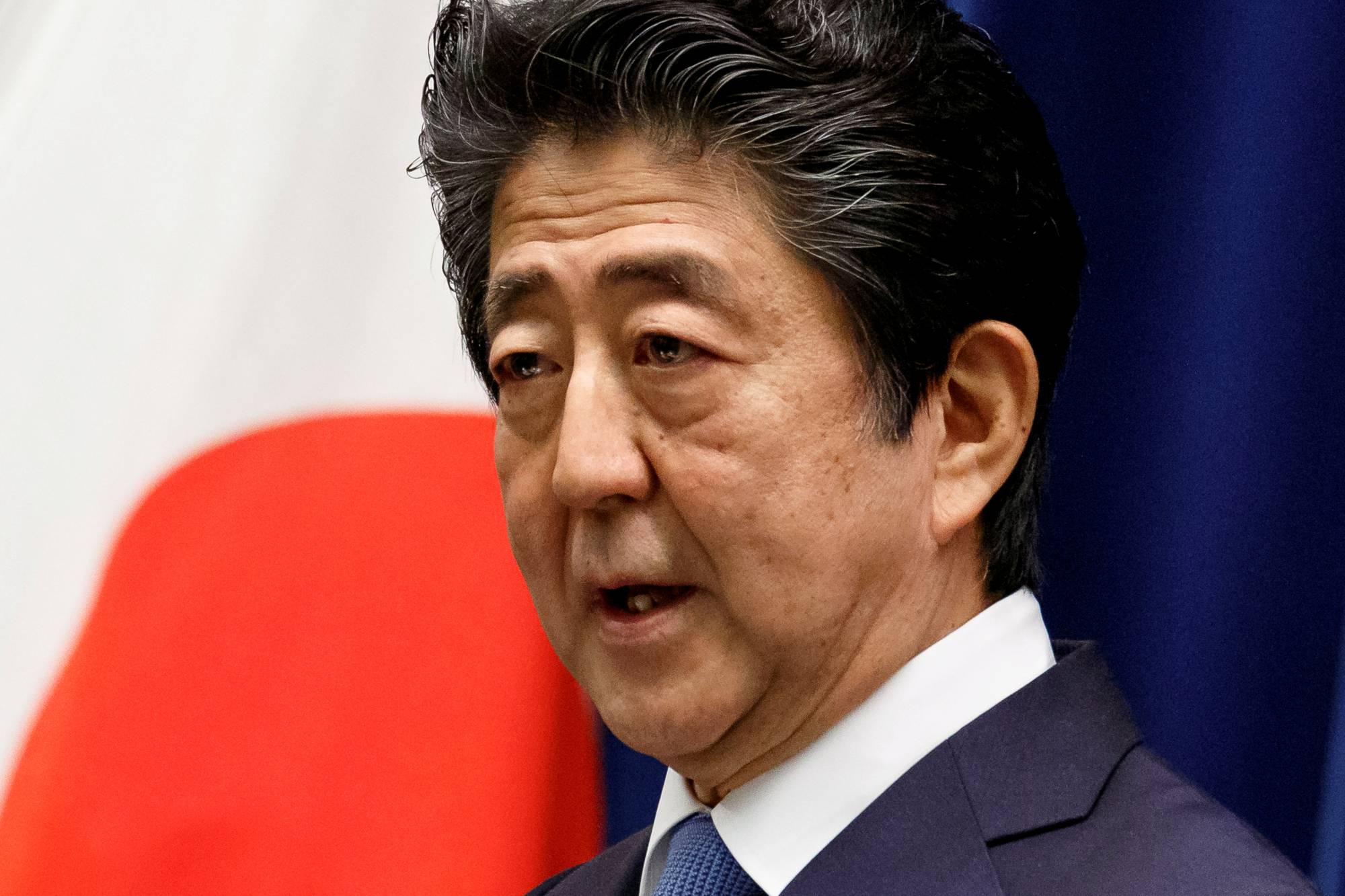In recent weeks Japan has taken a stronger stance against the Chinese government’s human rights abuses. Tokyo joined a Group of Seven statement strongly urging the Chinese government to “reconsider” imposing national security legislation on Hong Kong. And members of Prime Minister Shinzo Abe’s party said he should reconsider a scheduled visit by Chinese President Xi Jinping. Japan also joined 15 other countries opposed to a problematic Chinese government resolution at the United Nations Human Rights Council.
Japan’s recent diplomatic shift is noteworthy, considering it has a track record of being weak on human rights issues abroad. Part of its shift appears to be driven by a recent push by more than 100 opposition and ruling lawmakers who signed an international joint statement to express “grave concerns” about Beijing’s national security legislation.
Tokyo’s recent actions have shown it can take a tougher stance on Beijing’s human rights violations if it wants to. Japan can be an important player on rights issues, and the government should use this momentum to continue speaking up for people whose rights are being violated not just by the Chinese government, but in other countries as well.



















With your current subscription plan you can comment on stories. However, before writing your first comment, please create a display name in the Profile section of your subscriber account page.